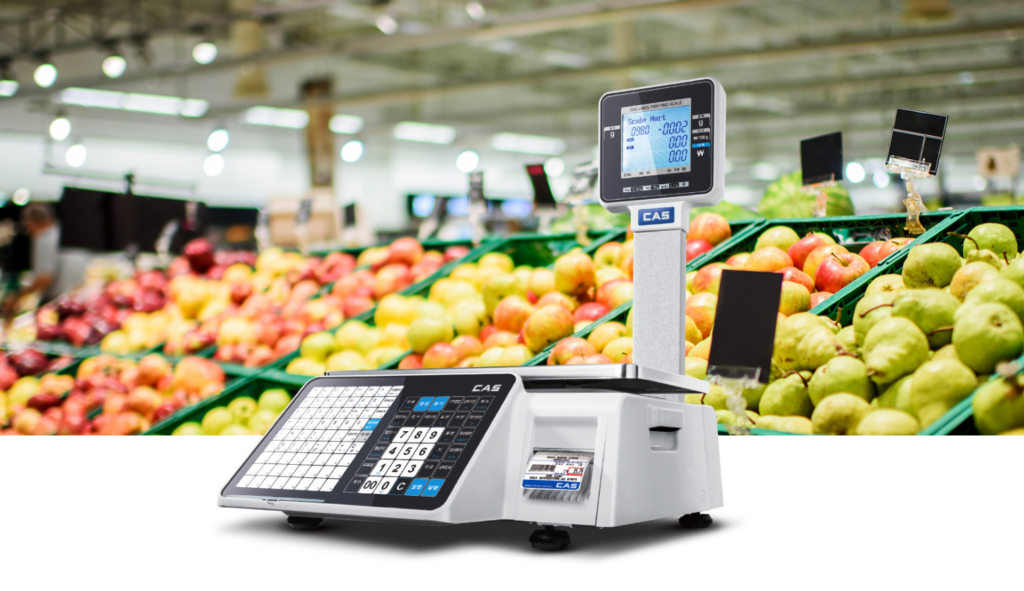The Ultimate Guide to Choosing the Perfect Table Top Weight Machine for Retail Shops
In retail settings, especially where products are sold by weight (such as grocery stores, delis, or produce markets), having a reliable and accurate tabletop weighing machine is critical. A good weighing machine ensures customer satisfaction, prevents financial losses, and complies with regulatory standards. Here’s a comprehensive guide to help you choose the right tabletop weighing machine for your retail shop.

1. Determine Your Needs
Before diving into technical specifications, consider your shop’s unique needs:
- Legal Requirements: In many regions, you must use trade-approved scales for selling goods by weight. Ensure the machine complies with local legal standards for commercial scales.
- Type of Products: Are you weighing small items like spices or bulkier items like vegetables? This will influence the capacity and precision you need.
- Frequency of Use: A high-traffic retail shop requires a durable, fast, and highly reliable machine, while a low-traffic shop may not need such a heavy-duty device.
2. Key Features to Consider
When choosing a tabletop weighing machine, focus on these essential features:
a) Capacity
- The capacity refers to the maximum weight the scale can measure.
- Small shops: Typically, a capacity of 15–30 kg is adequate.
- Larger shops or markets: A capacity of 30–60 kg may be necessary if you deal with heavier items.
b) Precision & Accuracy
- Accuracy is vital for retail settings to avoid discrepancies that can lead to revenue loss.
- Look for machines with an accuracy of at least 0.01–0.05 kg for precision, especially when weighing small or expensive items.
c) Digital vs. Analog
- Digital scales are more accurate, easier to read, and often include extra features like price calculation and weight unit conversion.
- Analog scales are simpler and may be more robust, but they lack precision and additional functionality.
d) Display Type
- Choose a machine with a clear and bright LCD or LED display for easy readability, especially in low-light areas.
- A dual display (one for the customer and one for the operator) adds transparency and trust.
e) Units of Measurement
- Some machines offer multiple units of measurement (grams, kilograms, ounces, pounds). This flexibility is important if you cater to both local and international customers.
3. Durability and Material
- Stainless Steel Platforms: If you’re handling food products or items prone to spills, stainless steel is durable, rust-resistant, and easy to clean.
- Plastic vs. Metal: For weighing non-food items, plastic platforms are a cheaper option, though less durable than metal.
4. Additional Features
a) Tare Function
- A tare function allows you to subtract the container’s weight from the total, giving you the net weight of the product. This is especially important for retail shops that use containers to hold products.
b) Price Calculation
- Some digital scales can automatically calculate the price of goods based on the weight and price per unit. This feature streamlines the checkout process, particularly in grocery or deli settings.
c) Connectivity
- Bluetooth or USB connectivity may be useful for integrating the machine with your POS (Point of Sale) system for easier data tracking.
d) Battery Backup
- If your store experiences frequent power outages, a scale with a battery backup ensures uninterrupted service.
e) Water Resistance
- If your store deals with wet or damp products (such as fish or vegetables), a water-resistant machine will last longer and maintain its performance in such environments.
5. Compliance with Regulations
Check for any legal requirements in your area that may dictate the type of scale you can use. Look for machines that are certified by relevant authorities, such as:
- NTEP (National Type Evaluation Program) in the U.S.
- OIML (International Organization of Legal Metrology) for global standards.
6. Brand Reputation and Support
- Opt for well-known brands with a good track record in reliability and customer service. Popular brands include A&D Weighing, CAS Scales, Ohaus, and Adam Equipment.
- Check for warranties and after-sales support, as they can save you in case of malfunction.
7. Budget Considerations
- Prices for tabletop weight machines vary greatly depending on capacity, features, and brand.
- Set a budget based on your needs and compare machines within that price range.
- Be wary of opting for extremely cheap models, as they may lack the durability or precision necessary for a retail environment.
Conclusion
Choosing the right tabletop weighing machine for your retail shop is about balancing accuracy, durability, ease of use, and compliance with regulations. Always assess your specific needs, such as the type of products you sell, and opt for a machine that aligns with your business goals. By investing in the right weighing machine, you ensure smoother operations and greater customer trust, ultimately contributing to the overall success of your retail business.


